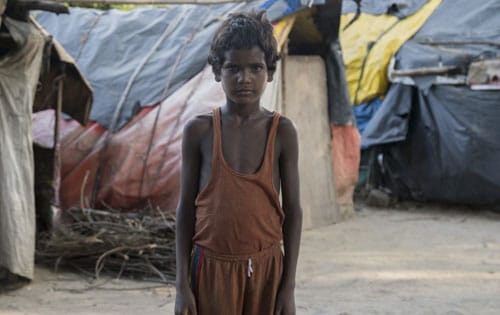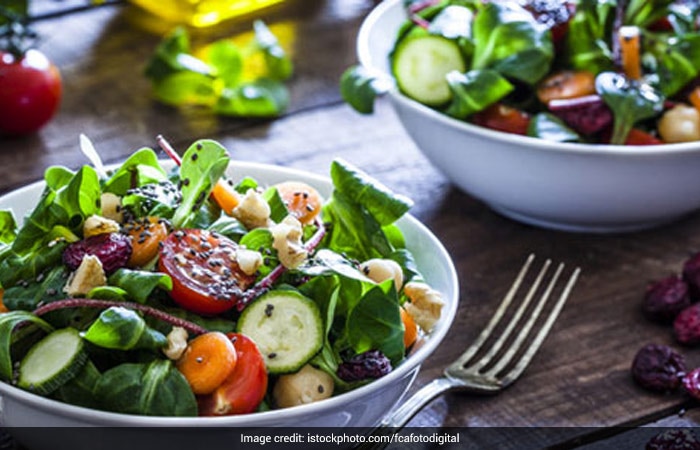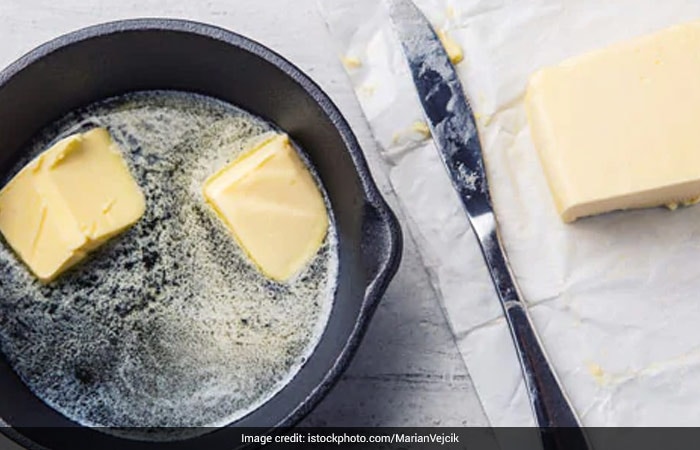WHO Shares Healthy Eating Tips For Adults During The COVID-19 Outbreak
According to the World Health Organisation (WHO), proper nutrition and hydration are vital for the human body and people who eat a well-balanced diet tend to be healthier with stronger immune systems and lower risk of chronic illnesses and infectious diseases. During the COVID-19 outbreak, the WHO has released nutritional guidelines for adults to build a healthy eating habit that can help in strengthening immunity.

Nearly 20 lakh children live on the streets of India, without an identity, a name to call their own, a place to call home, sleeping on empty stomachs for days and nights. These twenty lakh are children, who have dreams, who have rights, who are our tomorrow. They are living in the shadows today.
During these unprecedented times, not everyone can afford the privilege of social distancing. And not everybody can stay home during the lockdown, simply because they don’t have a home. Those living in poverty are extremely vulnerable, struck with a sudden lack of funds, food, mobility and a struggle for survival. And, as with all humanitarian crises, it is the children who have been affected the most.
It is always the children on the street who are subjected to some of the harshest realities of life. Today they are battling a catastrophic crisis, and it’s time we step in to protect them.
As a part of our COVID-19 response, Save the Children is working across various regions and has already directly reached over 18,000 children and adults to cover their basic needs. The organisation is ensuring their daily needs and their dignity and hygiene are also being cared for. Save the Children has identified 2.5 lakh children in cohorts, across 10 cities in India. Reaching out to these children with emergency relief is a top priority. But this cannot be done alone.
Save the Children and NDTV join hands to bring focus to the lives of children living in street situations. As India fights the Coronavirus, we must not forget one of the most marginalised and excluded groups whose lives have been long ignored – street-connected children. The 21-day campaign will generate public interest and raise funds to ensure these 20 Lakh+ children who live, earn, sleep and eat on our streets are cared for and protected. Amidst the crisis the world is facing, they are most vulnerable, exposed to infection and disease.








